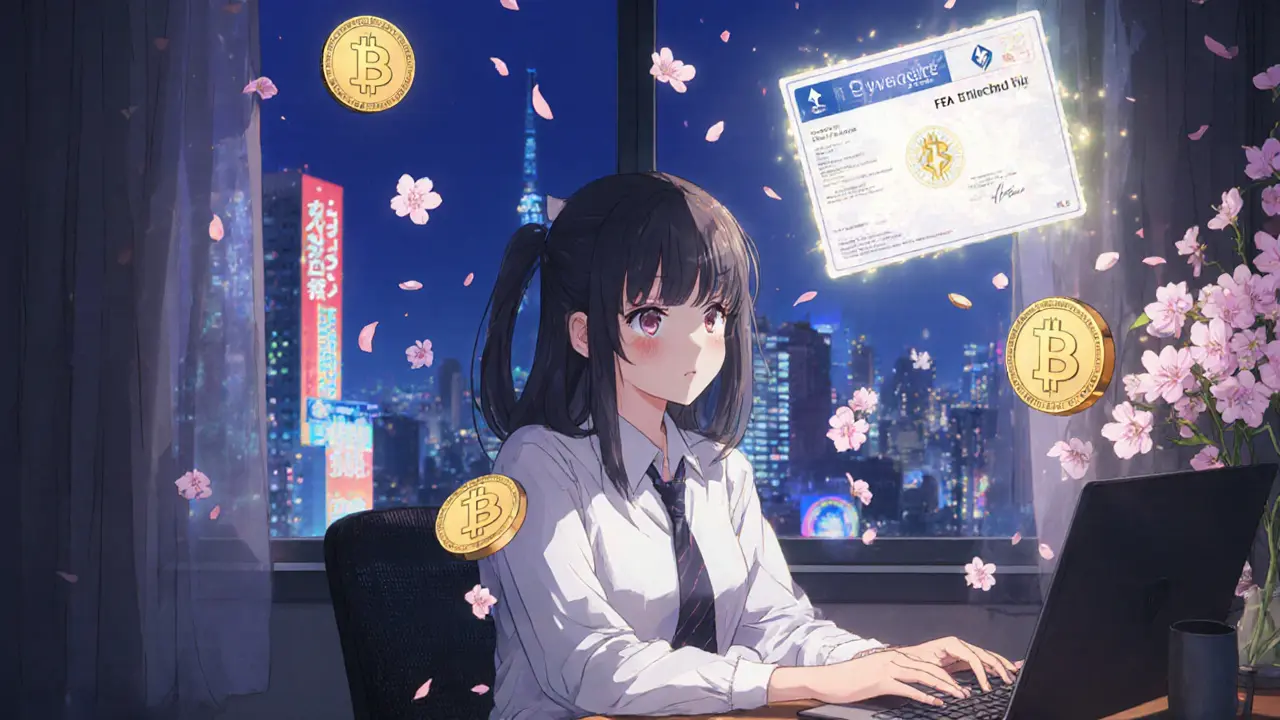Japan's FSA enforces the world's strictest crypto exchange rules, from mandatory cold wallets to securities-level oversight. Learn how licensing works, why taxes may change, and what's coming in 2026.
Crypto Exchange Licensing in Japan: Rules, Requirements, and What It Means for Traders
When you trade crypto in Japan, you're not just using a platform—you're interacting with a system tightly controlled by the Crypto Exchange Licensing in Japan, a legal framework requiring all cryptocurrency exchanges operating in the country to register with the Financial Services Agency (FSA). This isn't optional. If an exchange doesn't have this license, it's illegal to serve Japanese users. Also known as FSA-registered crypto exchange, this system was created after the 2018 Coincheck hack, which lost $530 million in NEM tokens. The government responded by making licensing mandatory to protect consumers and ensure transparency.
Japan’s licensing process is one of the toughest in the world. Exchanges must prove they have strong security, like cold storage for 95% of assets, two-factor authentication for all users, and regular third-party audits. They also need to show they can handle customer funds properly, maintain anti-money laundering (AML) systems, and report suspicious activity to authorities. The FSA doesn’t just check paperwork—they send inspectors to review operations on-site. Only about 20 exchanges have passed this bar since 2017. That’s why you see Binance, Kraken, and Coinbase listed as compliant in Japan, but hundreds of others are blocked. This isn’t about limiting choice—it’s about stopping scams before they happen.
For users, this means your money is safer, but your options are limited. If you’re in Japan and want to trade crypto legally, you can only use platforms on the FSA’s official list. Unlicensed exchanges might let you sign up, but they can’t process yen deposits or withdrawals. And if you use one anyway, you have zero legal protection if things go wrong. The FSA also bans leverage trading above 2x and restricts certain high-risk tokens. This affects how you trade, what coins you can buy, and even how you store your assets. The goal? To make crypto feel more like banking—regulated, predictable, and secure.
Outside Japan, people often think the rules are overkill. But after the losses from unregulated platforms in other countries, Japan’s approach looks more like a lesson than a limitation. The country doesn’t just want to allow crypto—it wants to make sure it works without breaking trust. That’s why licensed exchanges in Japan have lower fraud rates, faster dispute resolution, and clearer tax reporting. It’s not glamorous, but it’s real protection.
Below, you’ll find real-world examples of how these rules play out—what happens when an exchange loses its license, how users get caught using unapproved platforms, and why some Japanese traders still turn to offshore services despite the risks. These aren’t hypotheticals. They’re cases that happened, and they’re shaping how crypto moves in Asia.


